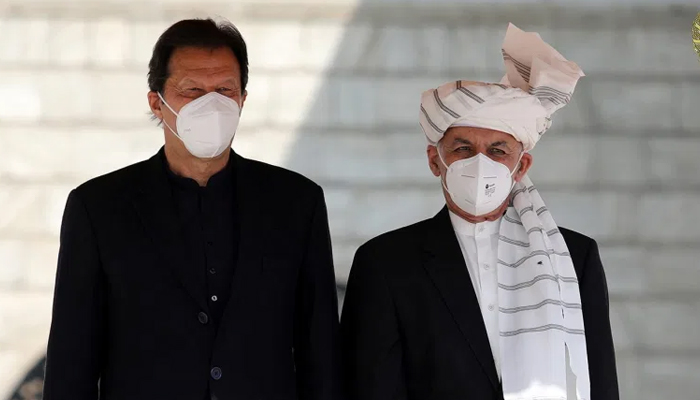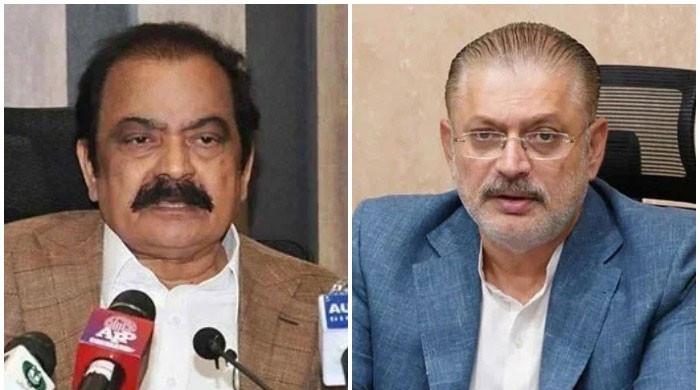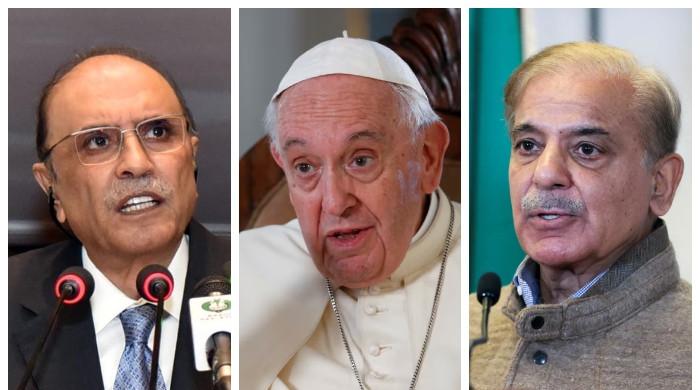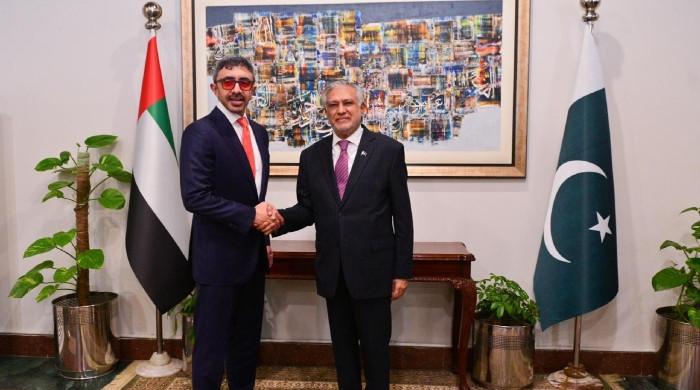Pakistan postpones Afghan Peace Conference
Afghan President Ashraf Ghani asked Prime Minister Imran Khan to "cancel" conference due from July 17-19, say sources
July 16, 2021

- FO says news dates of Afghan Peace Conference will be announced later.
- Decision comes after Afghan president asks PM Imran Khan to "cancel" conference.
- Nearly 40 Afghan politicians were ready to attend the conference.
Pakistan has decided to postpone the Afghan Peace Conference, which was scheduled from July 17-19, Foreign Office Spokesperson Zahid Hafeez Chaudhri said Friday.
"The Afghan Peace Conference scheduled to be held in Islamabad from 17-19 July 2021 has been postponed until after Eid Al-Adha [...] The new dates of the conference will be announced later," he added.
The development comes after Afghanistan President Ashraf Ghani asked Prime Minister Imran Khan to "cancel" the conference, sources told Geo News.
Senior journalist and analyst Saleem Safi told Geo News that a while back, President Ghani had himself wished for a conference to be held in Islamabad with an Afghan government delegation as well as Taliban delegation in attendance.
"However, the Taliban were not ready for this, and neither did Qatar want peace talks to be shifted from Doha to elsewhere," said Safi.
The journalist said Pakistan wanted to know first hand about the reservations that the Taliban and other parties of the war-torn country have. With the information, Islamabad wanted to set up a roadmap for peace talks in the future.
Therefore, Pakistan invited representatives from the Afghanistan government, former Afghan president Hamid Karzai, Abdullah Abdullah, who leads the High Council for National Reconciliation, and other senior leaders of the country, said Safi.
He went on to say that two days earlier, however, the Afghan government excused themselves from the meeting, while Karzai and Abdullah had neither accepted nor rejected the invitation.
Safi said Gulbuddin Hekmatyar, Haji Muhammad Mohaqiq, Dr Omar Zakhilwal, and around 30-40 other leaders had accepted the invitation — and all the preparations to host them were in place.
"[Then], during President Ashraf Ghani's meeting with Prime Minister Imran Khan today in Uzbekistan, the Afghan leader requested the latter to cancel the conference, as one of their delegations had departed for Doha," he said.











